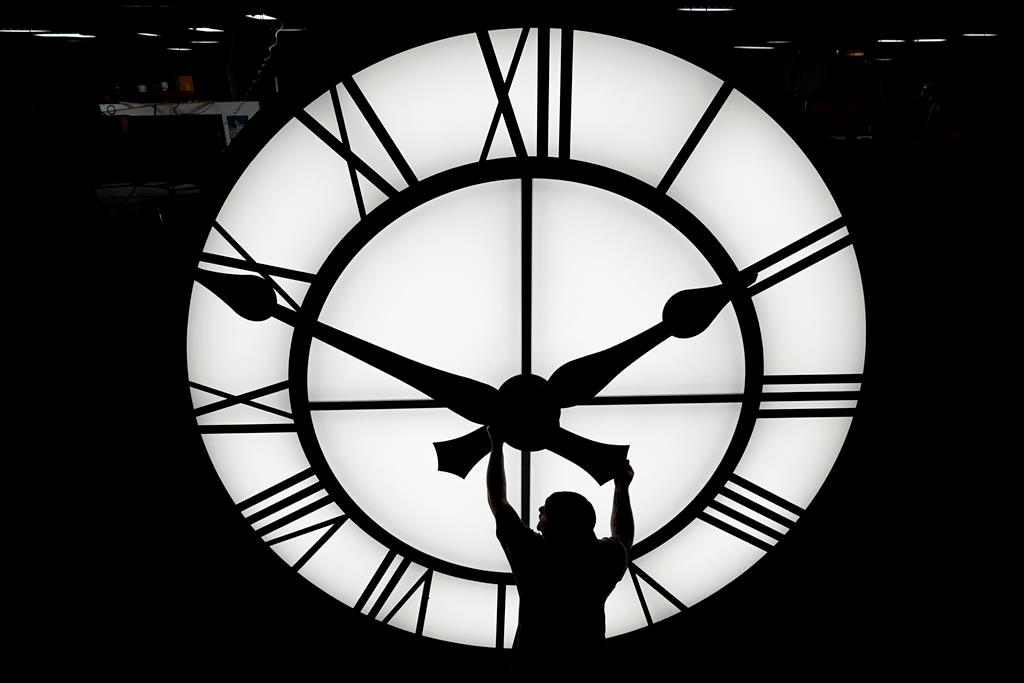Commentary
Sen. Marco Rubio (R-Fla.) recently reintroduced the Sunshine Protection Act of 2023, a follow-up to a similar bill introduced two years ago. If the measure is approved and receives the blessing of President Joe Biden, permanent daylight saving time would take effect later this year. We may very well have witnessed the last clock change in U.S. history.





